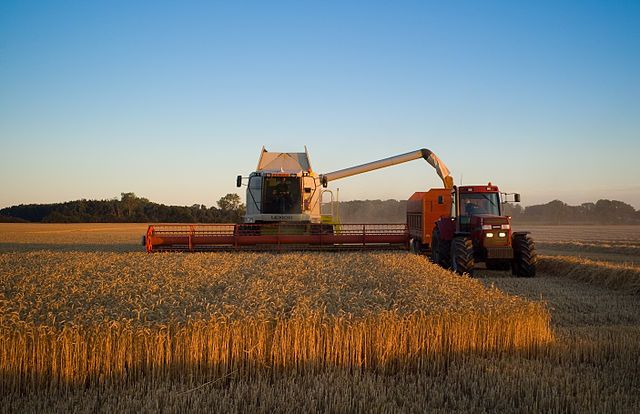According to figures obtained by Avisen.dk, agriculture is the sector in Denmark in which proportionately most people die at work.
Last year, 11 out of 33 fatal accidents took place in the agricultural sector. As only 1.5 percent of the population work in this sector, that is a very high percentage indeed.
Peter Hasle, professor in working environments at Aalborg University, says that “farmers work with dangerous equipment and large animals and they’re also working alone a great deal of the time. There’s nobody to help you to evaluate the risk or render assistance if you are injured.”
READ ALSO: Blue bloc to invest more in organic farming
The accidents recorded in 2016 cover, among other things, a farmer who was trampled to death by a cow. An agricultural worker on a cattle farm who fell into a slurry pit and was asphyxiated, while a worker on a pig farm died in a liquid food tank because one of the other workers accidentally turned it on when he was inside it.
More emphasis on the problem needed
Morten Fischer-Nielsen, green group secretary of the trade union 3F feels that the working environment is just not taken seriously enough in farming.
“The large number of fatal accidents is extremely frustrating and shows that the human welfare has the absolute lowest priority in farming after making profits, animal welfare, and environmental regulations – and something must be done about this,” he said.
Since January 2017, farmers have been able to draw on help and advice after an accident. There have also been special themed presentations on safety at agricultural schools across the country, as part of a new working environment strategy and in conjunction with trade organisations and the Danish Agriculture and Food Council.















